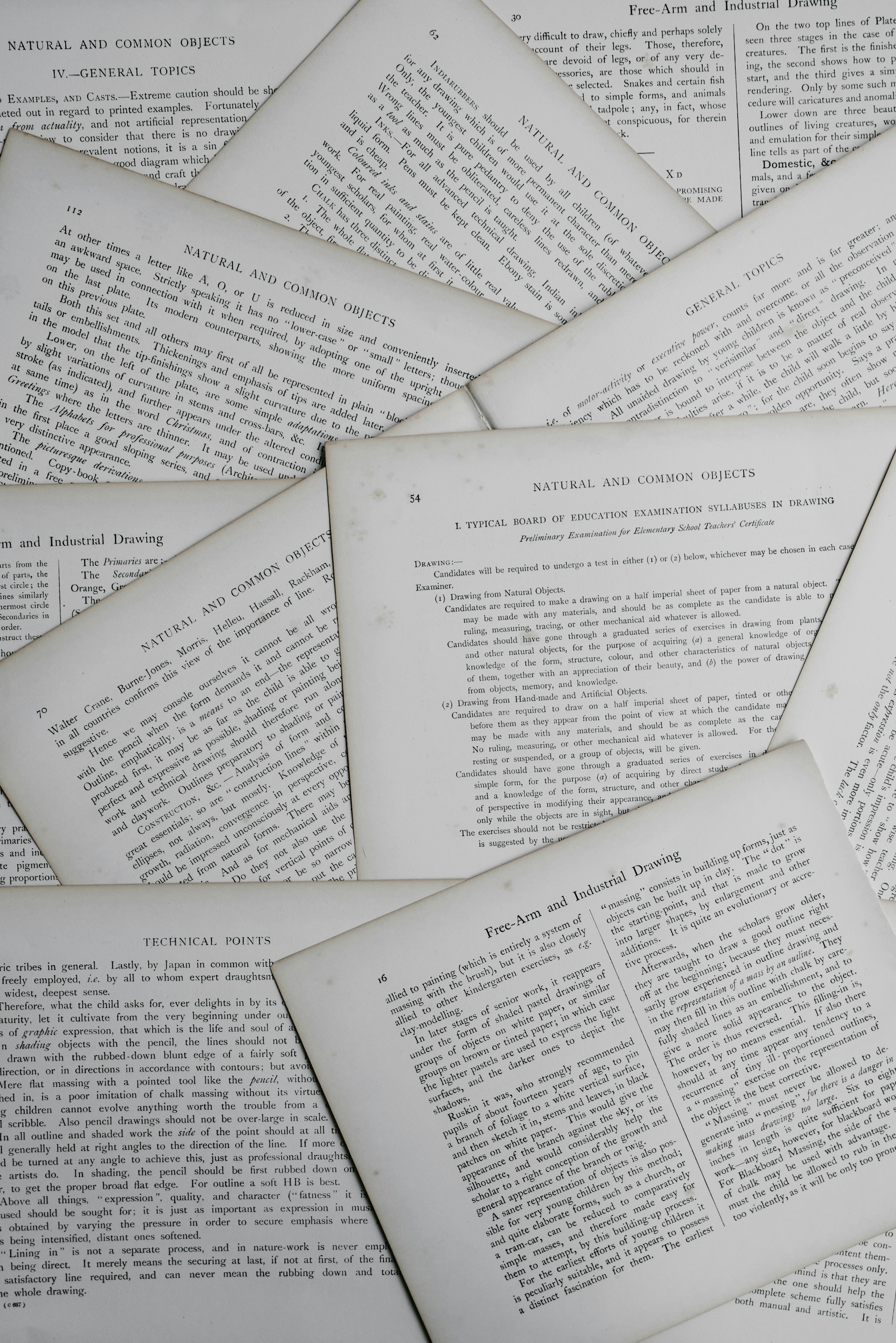Quick Takeaways From My Favourite Studies

This is a living list of studies that I either really enjoyed or spoke to me in some way.
Eating Really Improves Decisions
Extraneous factors in judicial decisions
Are judicial rulings based solely on laws and facts? Legal formalism holds that judges apply legal reasons to the facts of a case in a rational, mechanical, and deliberative manner. In contrast, legal realists argue that the rational application of legal reasons does not sufficiently explain the dec…

This was my first non-university study that interested me. I heard it during Ignite NZ 2015 in a talk called What's the difference between a software developer and a lawyer? by David Downs and it boils down to this image:

- "We find that the percentage of favorable rulings drops gradually from ≈65% to nearly zero within each decision session and returns abruptly to ≈65% after a break." that is, as the judge becomes hungrier, their rulings become less favourable.
- "We have presented evidence suggesting that when judges make repeated rulings, they show an increased tendency to rule in favor of the status quo. This tendency can be overcome by taking a break to eat a meal, consistent with previous research demonstrating the effects of a short rest, positive mood, and glucose on mental resource replenishment". Though there are allowances that a multitude of avenues weren't accounted for such as current mental load or mood.
- If you're going to make a decision, a big one, make it after having some food and a little walk.
Lack of Sleep Is Bad, Who Knew?
The cumulative cost of additional wakefulness: dose-response effects on neurobehavioral functions and sleep physiology from chronic sleep restriction and total sleep deprivation - PubMed
Since chronic restriction of sleep to 6 h or less per night produced cognitive performance deficits equivalent to up to 2 nights of total sleep deprivation, it appears that even relatively moderate sleep restriction can seriously impair waking neurobehavioral functions in healthy adults. Sleepiness …

- Sleeping either 4 or 6 hours a night (for 14 days) has a comparable cognitive performance to not sleeping for two nights straight
- But, sleepiness of subjects during those 14 days never hit the same levels as they would under two nights of not sleeping
Organisational Complexity ≈ Software Bugs
The Influence of Organizational Structure On Software Quality: An Empirical Case Study - Microsoft Research
Often software systems are developed by organizations consisting of many teams of individuals working together. Brooks states in the Mythical Man Month book that product quality is strongly affected by organization structure. Unfortunately there has been little empirical evidence to date to substant…
- The number of developers current an ex on a module, the fraction of the org that has worked on the module, frequency of edits and five other measures make up "Organisational Complexity"
- The main takeaway: More Organisational Complexity most probably means more bugs.
For a more indepth, but still accessible writeup, see: https://augustl.com/blog/2019/best_bug_predictor_is_organizational_complexity/
Walking Leads to Creativity
https://www.apa.org/pubs/journals/releases/xlm-a0036577.pdf
- Walking boosts the creative process during and slightly after
- Walking outside gives the greatest boost
Noise, Cognitive Function, and Worker Productivity
https://joshuatdean.com/wp-content/uploads/2020/02/NoiseCognitiveFunctionandWorkerProductivity.pdf
- An increase of 10 dB reduces productivity by approximately 5%
- A dishwasher, or a vacuum cleaner
- While this study focused on noise that arises in lower socio-economic situations, I feel it can also apply to any situation where cognitive performance is key
However, while noise leads to productivity drops, some noise may help creativity:
A moderate (vs. low) level of ambient noise is likely to induce processing disfluency or processing difficulty, which activates abstract cognition and consequently enhances creative performance.


